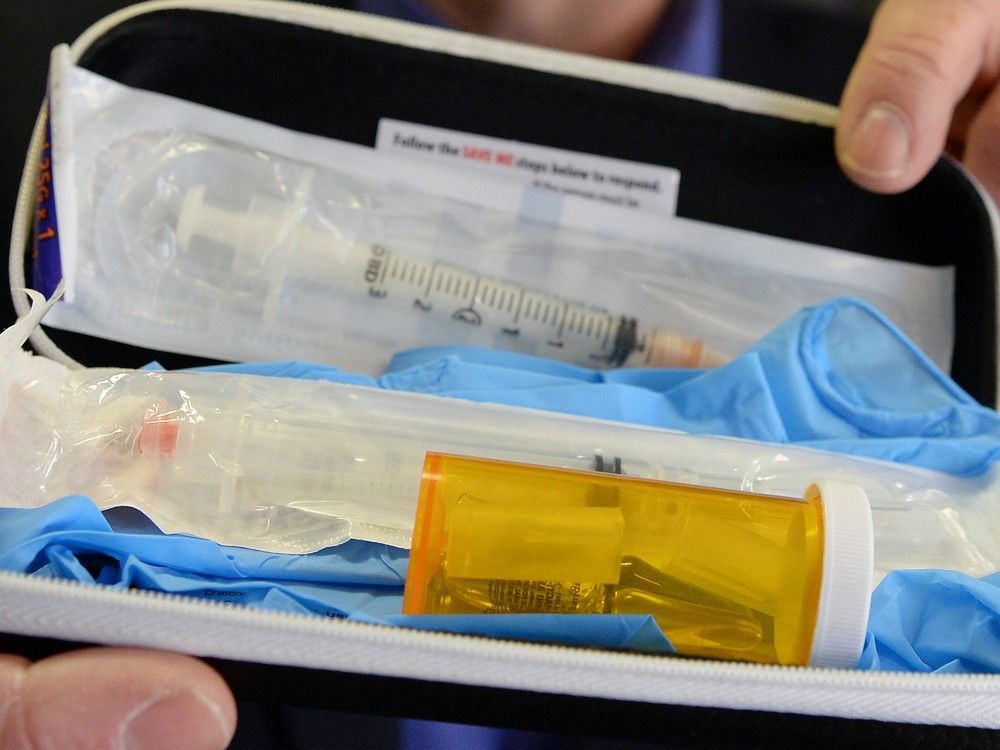
Swaths of Republicans on Capitol Hill are scrambling to shield their states from Donald Trump’s next wave of tariffs, a sign of the private alarm in the president’s party about the impacts of his trade agenda. Trump has promised his rollout of global tariffs on April 2 will amount to a “Liberation Day” for the American economy. But dozens of GOP lawmakers worry privately that another round of tariffs will raise prices on U.
S. consumers, cripple American farmers and rattle the stock market. In anticipation, they are coordinating with various industry groups to push the administration for exemptions that protect key local industries from that kind of pain.

They’re also trying to effectively void some of the tariffs on key products once they go into effect, lining up to push Trump officials for so-called exclusions. Their quiet maneuvering signals the heightened anxiety among Republicans about the next phase of his trade wars — and the political pitfalls ahead for the president and his party. Four Republicans with direct knowledge of the strategy, granted anonymity to discuss the private conversations, described the behind-the-scenes planning as concerted and targeted.
Fueling their anxiety: GOP lawmakers don’t yet know the full scope of what Trump has dubbed “reciprocal tariffs” and possibly other duties the White House is preparing to unveil Wednesday. The president and top aides have said they will calculate different tariff rates for the country’s major trading partners, based on the barriers other countries put on U.S.
imports. But they have yet to detail any figures or say which countries will be hit — and even many White House aides remain in the dark. As they attempt to head off the worst of the initial hit from the reciprocal tariffs, some congressional Republicans are coordinating with powerful private sector groups as well as conservative-leaning agriculture lobbyists and other representatives of affected industries.
The hope is to pressure administration officials to limit the tariffs’ scope and incorporate key carve-outs ahead of time. U.S.
Trade Representative Jamieson Greer did provide a general outline of Trump's goals to GOP members of the House Ways and Means Committee last week, according to two people granted anonymity to discuss the private meeting. Greer also promised Republican senators more “certainty” on trade policy , going forward, during their lunch last Tuesday. “Tariffs in Kansas often are very harmful to agricultural producers, farmers and ranchers,” said Sen.
Jerry Moran of (R-Kan.). “And we're often the retaliatory target by those we impose tariffs against.
” Moran said he is planning to push for exclusions to Trump’s tariffs to limit the fallout on his home state, where the agriculture sector is already facing some of the worst economic headwinds in years. “In the last Trump administration, we were successful in getting the Department of Commerce the opportunity to have exclusions. And we'll pursue that again,” said Moran, also noting he chairs the Senate Appropriations subcommittee that oversees the Commerce Department.
“Our farmers are stretched. This is one of the worst, certainly maybe the worst time I've seen, in agriculture ..
. We need every market.” Many MAGA-aligned Republicans in Congress are celebrating this next wave of levies.
They say the tariffs work as bargaining tools, aiming to lower trade barriers to U.S. goods in the long term by forcing other countries to the negotiating table.
But even some Trump administration officials are nervous about the fallout for key industries, especially American farmers whose livelihoods rely on selling their products abroad. Trump’s own Agriculture Department inquired about securing exemptions for critical agricultural inputs before the White House rolled out 25 percent tariffs on Canada and Mexico earlier this month, according to two people with direct knowledge of the matter who were not authorized to discuss it publicly. The president ultimately changed course just hours later and scaled back the levies on a wider scale.
Administration officials also expect Trump on April 2 to move ahead with tariffs on foreign agriculture products, something the president floated in a Truth Social post earlier this month. That has some Hill Republicans worrying that such a move would only trigger a new wave of retaliatory tariffs on the U.S.
farm sector, plus cut American farmers off from critical export markets abroad when there won't be enough demand in the U.S. to sell all of their goods.
Beyond Canada and Mexico, Nebraska Republican Rep. Don Bacon said he’s heard from meat processors and popcorn producers in his state who have lost market access in Europe in the last week amid Trump’s trade tumult. And while Bacon said new reciprocal tariffs may help lower trade barriers to some countries, the immediate result is higher costs for a lot of products: “In the end, consumers pay more.
And so it's going to raise costs.” Ultimately, Bacon said he views Trump’s reciprocal tariffs as a “negotiating” tactic — “but even then, look at the ruckus all this causes,” he added. “Our stock market doesn't handle this stuff too well.
”.















